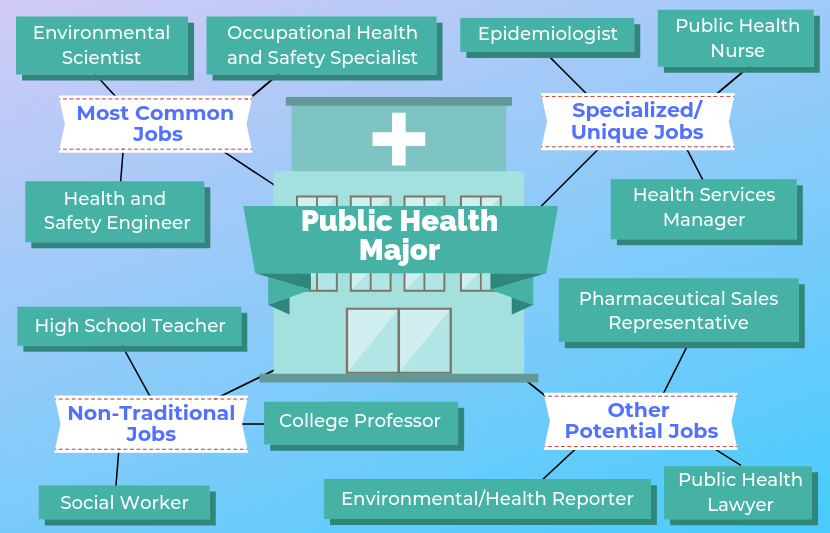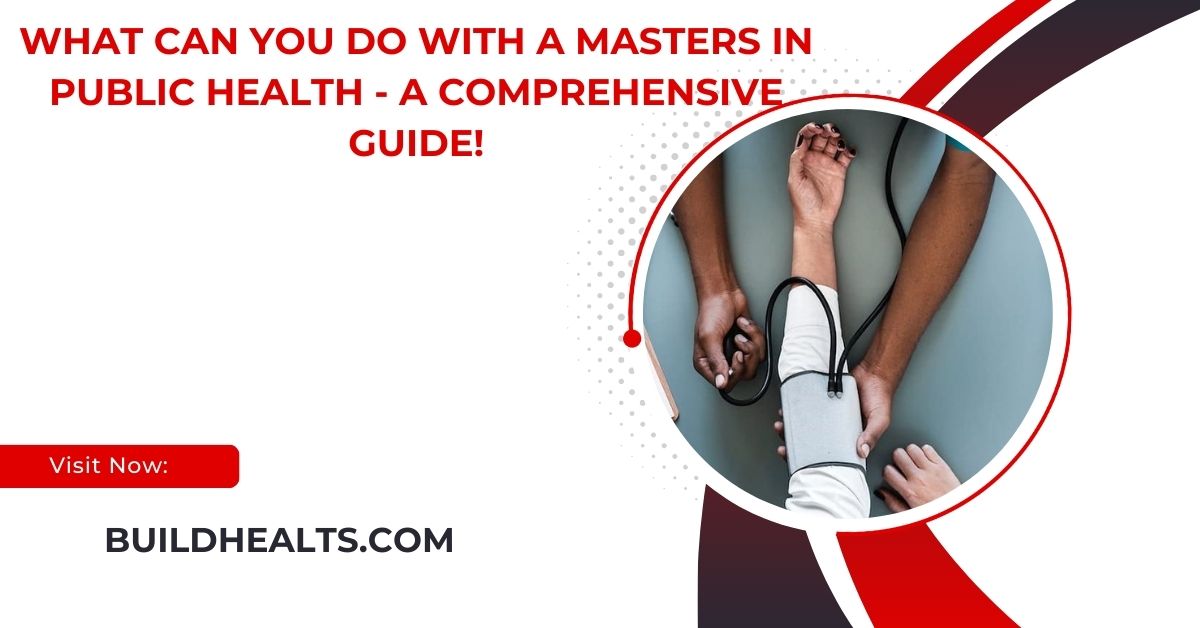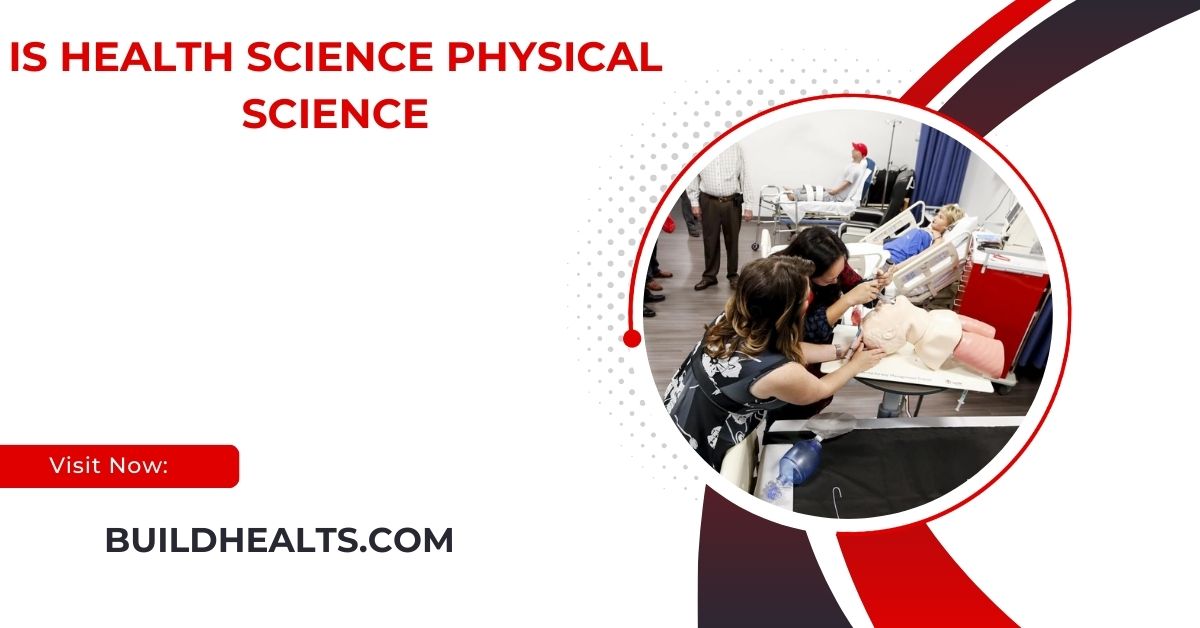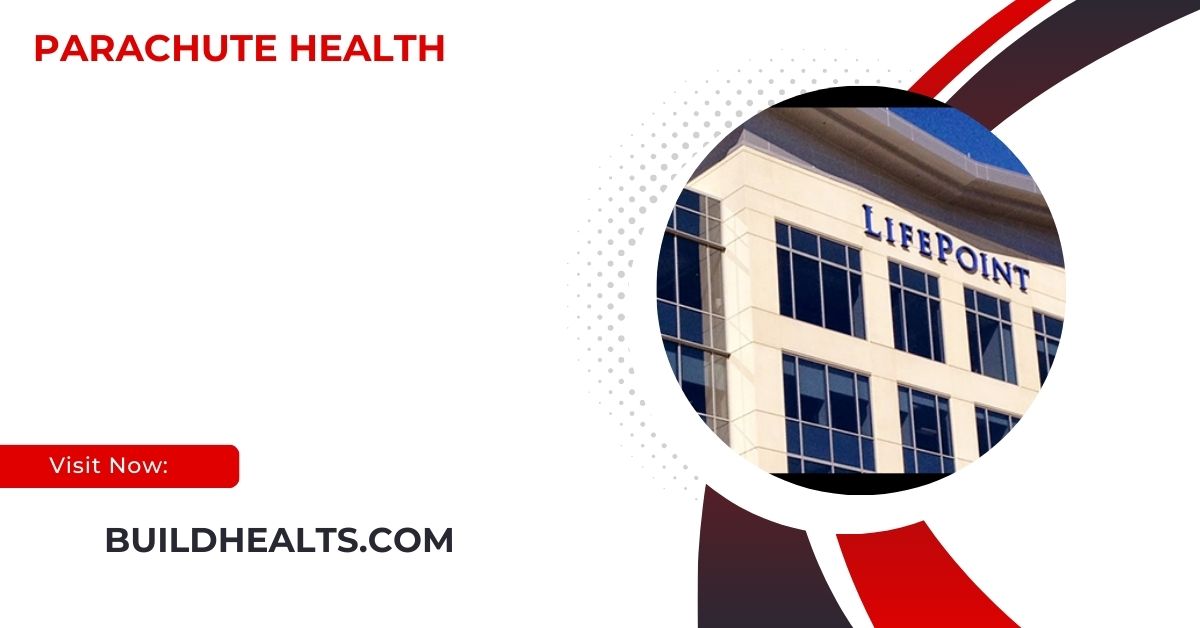A Master’s in Public Health (MPH) equips graduates with essential skills and knowledge for diverse careers focused on enhancing community health. This degree prepares individuals to make a significant impact in various public health roles.
This article explores the various career options, the skills gained from an MPH program, and the benefits of pursuing this degree.
Understanding Public Health:

Public health is the study of safeguarding and enhancing the health of communities. It emphasizes disease prevention, encourages healthy living, and strives to provide access to healthcare services.Public health professionals work in various settings, including government agencies, non-profit organizations, healthcare facilities, and academic institutions.
Reasons to Pursue a Master’s in Public Health:
Obtaining a Master’s in Public Health can open many doors. Here are some reasons why individuals choose to pursue this degree:
- Career Opportunities: The demand for public health professionals is growing. With an MPH, you can work in various fields and roles.
- Impact on Communities: Public health professionals play a crucial role in improving health outcomes and addressing health disparities.
- Diverse Specializations: MPH programs often offer specializations in areas like epidemiology, health policy, environmental health, and global health.
Skills Gained from a Master’s in Public Health:
Pursuing a Master’s in Public Health (MPH) equips students with a diverse skill set essential for success in the public health field. These skills are crucial for addressing health challenges, leading initiatives, and improving health outcomes in communities. Below are some key skills you will develop during your MPH program:
Analytical Skills:
Analytical skills are fundamental in public health. You will learn to:
- Analyze Data: Gain proficiency in statistical methods to analyze data related to health trends, diseases, and population health. This includes using software tools for data analysis.
- Interpret Research Findings: Develop the ability to critically evaluate research studies, understand their implications, and apply findings to real-world public health challenges.
- Identify Health Trends: Learn to recognize patterns and trends in health data, enabling you to assess community health needs and target interventions effectively.
Also read: How Often Are You Paid With Carenet Health – A Complete Guide!
Communication Skills:
Effective communication is vital for public health professionals. You will enhance your ability to:
- Engage with Diverse Audiences: Develop skills to communicate health information clearly and persuasively to various stakeholders, including community members, policymakers, and healthcare providers.
- Write Reports: Learn to prepare comprehensive reports that summarize research findings, program evaluations, and health assessments in a clear and accessible manner.
- Deliver Presentations: Gain experience in presenting complex health information in a way that is engaging and understandable to both technical and non-technical audiences.
Leadership and Management Skills:
Leadership and management skills are essential for overseeing public health programs and initiatives. In your MPH program, you will:
- Develop Leadership Abilities: Learn how to lead teams, motivate colleagues, and influence stakeholders to achieve public health goals.
- Manage Public Health Programs: Acquire knowledge in project management, including planning, implementation, and evaluation of public health initiatives.
- Resource Allocation: Understand how to manage budgets, personnel, and other resources efficiently to maximize the impact of public health interventions.
Problem-Solving Skills:
Problem-solving skills are critical for identifying and addressing public health issues. You will learn to:
- Identify Public Health Issues: Develop the ability to assess community health problems, prioritize issues, and identify underlying causes.
- Develop Strategies: Create and implement effective interventions and strategies to tackle public health challenges. This involves using critical thinking to evaluate options and foresee potential outcomes.
- Apply Creativity: Utilize innovative thinking to design unique solutions that address complex health issues, especially in resource-limited settings.
Career Options with a Master’s in Public Health:

A Master’s in Public Health (MPH) opens the door to a variety of rewarding career opportunities in the public health field. These roles allow graduates to make a significant impact on community health and wellness. Here are some key career paths you can pursue with an MPH:
Public Health Educator:
Role:
Public health educators develop and implement programs to promote health and wellness in communities.
Responsibilities:
- Design educational materials and workshops on health topics.
- Conduct community outreach to raise awareness about health issues.
- Evaluate the effectiveness of health education programs.
Epidemiologist:
Role:
Epidemiologists study the patterns, causes, and effects of health and disease conditions in populations.
Responsibilities:
- Analyze data to identify disease outbreaks and trends.
- Conduct research to determine the risk factors associated with diseases.
- Collaborate with public health officials to develop strategies for disease prevention and control.
Biostatistician:
Role:
Biostatisticians apply statistical methods to analyze data related to public health and biomedical research.
Responsibilities:
- Design studies and develop statistical models.
- Analyze health data to draw meaningful conclusions.
- Collaborate with researchers to interpret findings and inform public health decisions.
Also read: Intermountain Health Ironman 70.3 Triathlon Where Is Swimming Course – A Complete Guide!
Health Policy Analyst:
Role:
Health policy analysts research and analyze health policies to improve healthcare systems and public health outcomes.
Responsibilities:
- Evaluate the impact of existing health policies and programs.
- Provide recommendations for policy changes based on research findings.
- Advocate for policy initiatives that promote public health.
Benefits of Earning a Master’s in Public Health:

Pursuing a Master’s in Public Health (MPH) offers numerous advantages that can enhance your career and personal satisfaction. Here are some of the key benefits of earning an MPH:
Job Security:
Increasing Demand for Public Health Professionals:
The demand for public health professionals is on the rise due to several factors, including increasing health challenges, the need for disease prevention, and the growing importance of health equity. As communities face new health threats, there will be a greater need for skilled public health workers.
Stability in the Field:
This growing demand translates into more job opportunities and stability in the public health sector. With an MPH, you are well-positioned to find a rewarding job that aligns with your skills and interests.
Competitive Salaries:
Financial Rewards in Public Health Careers:
Many careers in public health offer competitive salaries. According to various studies, public health professionals often earn higher salaries than those in other fields, especially as they gain experience and move into leadership roles.
Also read: What Should I Track Everyday For Health – A Complete Guide!
Salary Potential:
Earning an MPH can lead to increased earning potential, as advanced degrees typically correlate with higher salaries. Roles such as epidemiologists, health policy analysts, and public health administrators often come with attractive compensation packages.
Opportunities for Advancement:
Accelerated Career Growth:
With a Master’s in Public Health, you can pursue leadership positions and advance your career more quickly than those with only a bachelor’s degree. MPH graduates are often considered for higher-level positions due to their specialized knowledge and skills.
Diverse Career Paths:
An MPH opens doors to various career paths, allowing you to explore different areas of public health, such as epidemiology, environmental health, health policy, and health education. This diversity enhances your opportunities for advancement and specialization.
Making a Difference:

Contributing to Community Health:
Public health professionals have the unique opportunity to improve health outcomes and contribute to the well-being of communities. Your work can directly impact lives, whether through disease prevention, health education, or policy advocacy.
Personal Fulfillment:
The ability to make a positive difference in the lives of others can be highly fulfilling. Many public health professionals find their work meaningful, as they play a crucial role in promoting health and preventing illness.
How to Choose the Right MPH Program:
Selecting the right Master of Public Health (MPH) program is crucial for your career success and future opportunities. Here are some key factors to consider when making your decision:
Accreditation Matters:
Make sure the program is accredited by a recognized organization, like the Council on Education for Public Health (CEPH). Accreditation guarantees that the program meets high educational standards, impacting the value of your degree in the job market.
Graduating from an accredited program enhances your employability, as many employers prefer candidates who have completed accredited educational programs.
Specializations Offered:
Look for MPH programs that provide specializations aligning with your career goals. Common options include epidemiology, health policy, environmental health, and global health. Choosing a program that focuses on your interests can equip you with specific knowledge and skills tailored to your aspirations.
Also read: How To Get Health Insurance In Korea For Travel – A Traveler’s Guide to Insurance in Korea!
Format and Flexibility:
Consider the format of the MPH program that best suits your lifestyle and learning preferences. Options typically include online, hybrid, or on-campus programs. Online programs offer greater flexibility, while hybrid programs combine both online and in-person classes for a balanced experience.
Faculty Expertise Counts:
Research the faculty’s backgrounds and areas of expertise. Faculty with extensive research experience can offer valuable insights and mentorship. Building relationships with knowledgeable faculty can lead to internships, research opportunities, and career connections.
FAQ’s
1. Career Opportunities with a Master of Public Health (MPH)
Graduates can work as public health educators, epidemiologists, biostatisticians, health policy analysts, and environmental health specialists.
2. Why should I pursue a Master’s in Public Health?
An MPH offers numerous career opportunities, helps you make a positive impact on communities, and provides specialized knowledge in various public health areas.
3. What skills do I gain from an MPH program?
Students develop analytical, communication, leadership, management, and problem-solving skills essential for addressing public health challenges.
4. Is there a demand for public health professionals?
Yes, the demand for public health professionals is increasing due to growing health challenges and the need for effective disease prevention and health promotion.
5. How can an MPH benefit my career?
An MPH can lead to job security, competitive salaries, opportunities for advancement, and the chance to make a meaningful difference in community health.
Conclusion
In conclusion, a Master’s in Public Health (MPH) offers diverse career opportunities and essential skills to address community health challenges. The growing demand for public health professionals ensures job security and competitive salaries. Ultimately, pursuing an MPH enables individuals to make a meaningful impact on public health and well-being.




